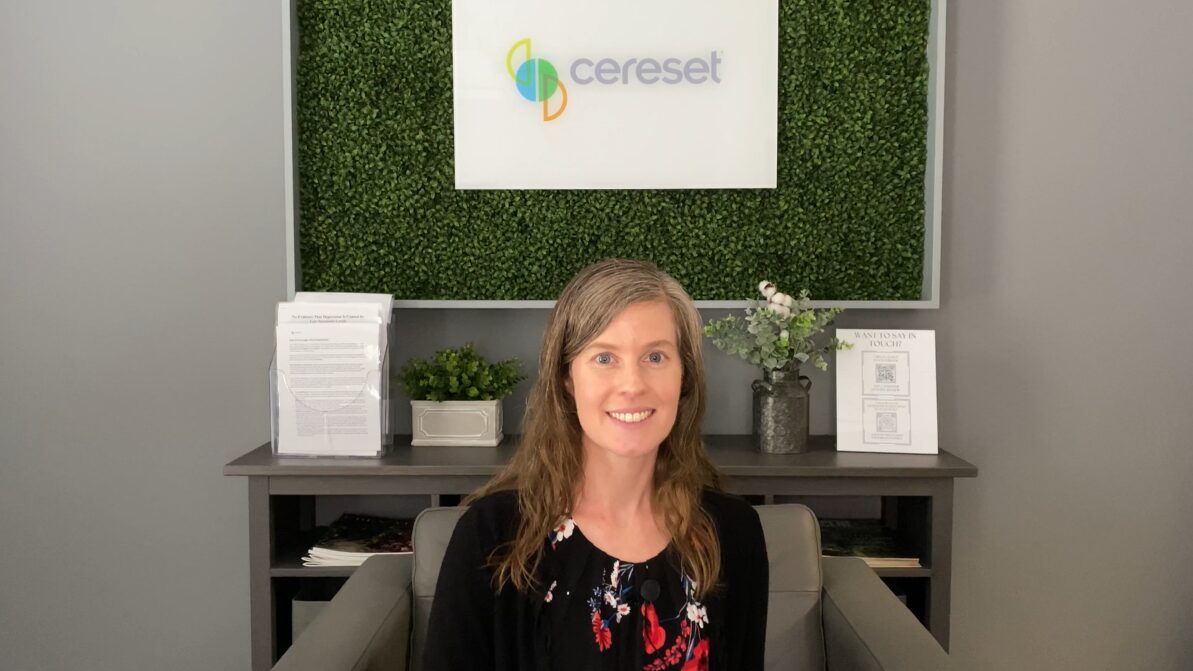We were lucky to catch up with Kaylene Logan recently and have shared our conversation below.
Hi Kaylene , thank you so much for opening up with us about some important, but sometimes personal topics. One that really matters to us is overcoming Imposter Syndrome because we’ve seen how so many people are held back in life because of this and so we’d really appreciate hearing about how you overcame Imposter Syndrome.
From the age of 5, I was determined to be a physician, a pediatrician to be exact. In college, I first learned of child sex trafficking, and wondered how an Obstetrician/Gynecologist might be better suited to serve that population. I completed my residency training 11 years ago, and after the first few years of practice, scaled back to make space for motherhood, a gap which also allowed me time to serve a local anti-trafficking organization. The onset of COVID-19 during my third pregnancy pushed me into a variety of directions I hadn’t been expecting.
I struggled with identity and imposter syndrome, thinking that I had to be a full-time physician practicing both obstetrics and gynecology to be legitimate and to be worthwhile to the world. During the pandemic, I spent a lot of time at home with three young children, one of them newborn; and coming out of it, I found myself volunteering with local free clinics and starting graduate studies in law and policy with the aim of advocating and legislating for sex trafficking victims.
Yet my soul still needed tending. My journey took me into my own trauma recovery work, during which time I was introduced to Cereset. My defining moment was when I realized that there were more than enough skilled OB/GYNs to operate and deliver babies in the world, but there was only one Kaylene Logan, and I needed to understand and appreciate her true identity, and what she was meant to contribute to the world.
In addition, I was confronted with the mind-body connections between physical, mental, and emotional health. A lot of disease and dysfunction that I see in the clinic is closely linked to stress, historic trauma, abuse, and unprocessed emotions stored in the body. To serve and minister healing to any individual requires a wholistic perspective and evaluation of his or her mind, body, heart, and interpersonal connections.
I still practice outpatient GYN, I serve on the board of AncoraTN, the single point of contact for all human trafficking referrals in Middle Tennessee, I am developing my public policy and advocacy skills, and I am now also the co-owner of a brain wellness center in Nashville, TN, providing brain-based stress relief to everyone from those with everyday stressors, to trauma survivors, to high-performing executives.
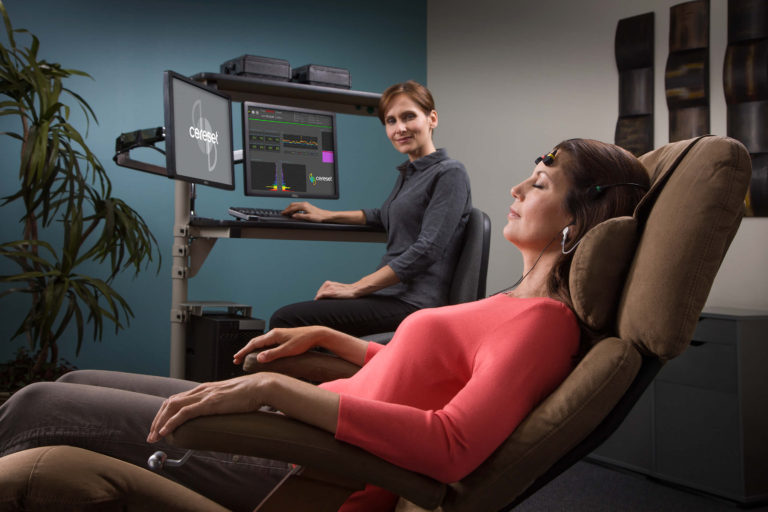
Appreciate the insights and wisdom. Before we dig deeper and ask you about the skills that matter and more, maybe you can tell our readers about yourself?
I was first introduced to Cereset as a client, and I understood it to help relieve some of the toxic effects of stress and trauma on my brain. After experiencing Cereset for myself, I began developing improved stress resilience, a wider window of tolerance, a deeper connection to my emotions and inner self, higher quality sleep, and I was better able to process life and stay more present rather than living in the impact of the past.
I realized just how deep the mind-body connection is, and how important it is to whole-person health to support the brain, which bridges this connection.
Cereset is an advanced, non-medical brain wellness technology that helps the brain to recover and reset from the detrimental effects of stress. It uses brain-based sound patterns to echo back to the brain its activity in real-time, allowing the brain the opportunity to “see” where it is overactive and to relax those imbalances.
Stress activates our fight, flight, and freeze responses, but sometimes the brain stays hyperactivated. Stress is at the root of many of our struggles in that it can both trigger and aggravate symptoms, and it can also compromise our ability to heal. When the brain releases stress, all aspects of the brain’s performance are improved, supporting physical, mental, and emotional well-being.
Cereset is different from other brain-based modalities in that it supports an internal locus of control. Cereset empowers the brain to regain its own ability to self-regulate rather than attempting to retrain the brain using willpower or desensitization. At Cereset Nashville, we support an inside-out approach that empowers not only the brain but ultimately the whole individual to regain agency, responsibility, boundaries, and self-regulation.
Our mission at Cereset Nashville is to minister hope and healing to our community members through our presence, our skills, and our brain support technology. Our vision is a healthier, more stress-resilient Nashville. We are excited to report common client feedback about improved sleep, improved capacity to deal with more stress, quieter brain chatter, and more stream-lined thought processes. Our ideal client is anyone who needs a little more stress relief in their life.
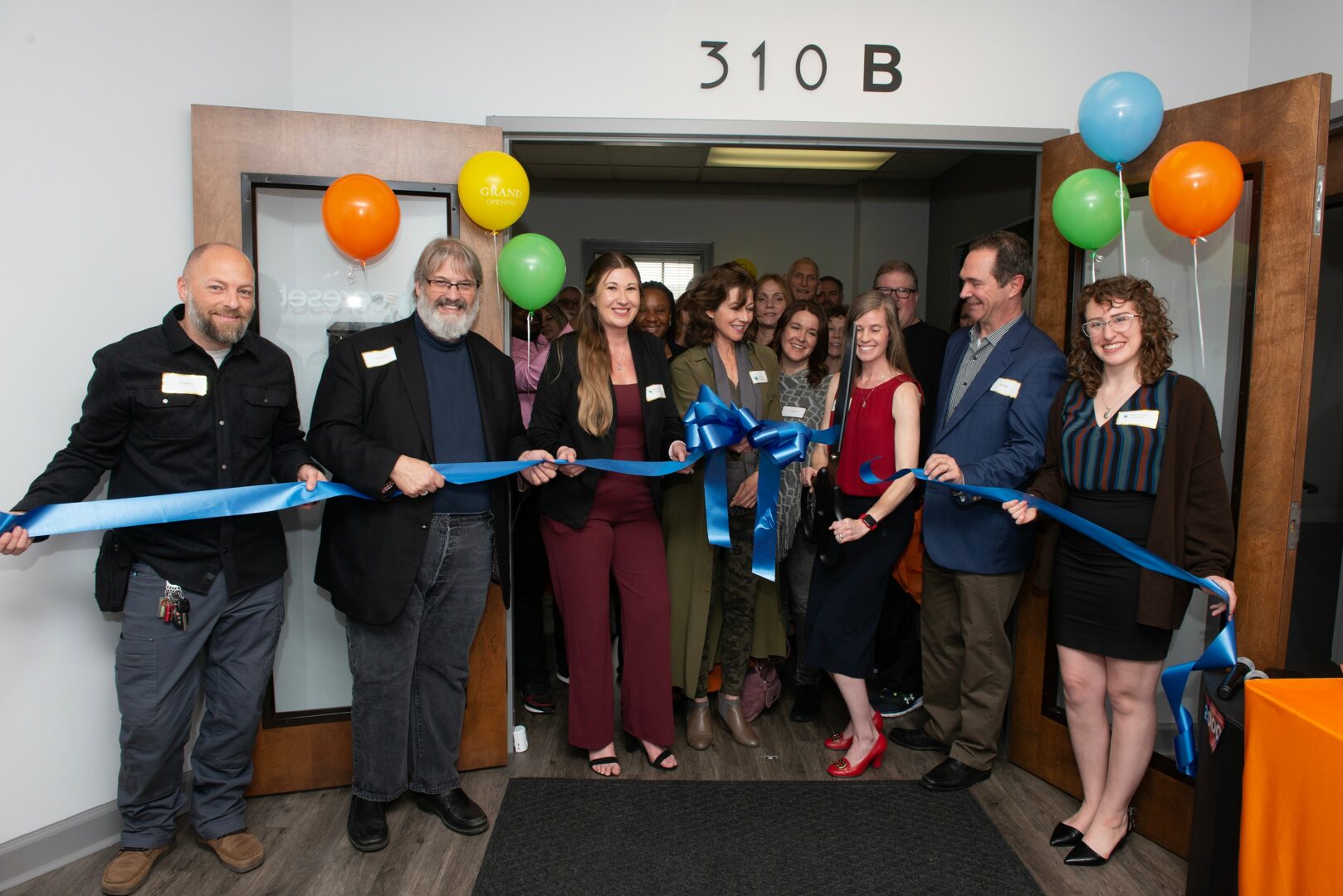
There is so much advice out there about all the different skills and qualities folks need to develop in order to succeed in today’s highly competitive environment and often it can feel overwhelming. So, if we had to break it down to just the three that matter most, which three skills or qualities would you focus on?
Three very important qualities and skills that I have learned to develop that have been most impactful in my journey include humility, emotional intelligence, and lifelong learning. These three in fact interact with each other in beautiful ways.
Humility helps me to say, I don’t know everything, what else do I need to learn or unlearn? Then I can activate my desire and willingness to be a lifelong learner and work to fill that gap. Emotional intelligence empowers me to slow down and understand what’s going on within myself so that I can more readily and coherently ask for what I need. It also equips me to exercise empathy and see what may be going on with others around me. Humility then supports me to meet someone else where they’re at, even if they were wrong, to apologize and clean up my messes when I am wrong, and to believe the best about others, refusing to write victim scripts and narratives about what happens interpersonally.
For anyone who is early in his or her journey, adopt an attitude of humility that you do not know everything and your perspective is not the only one out there. Be willing to ask curious questions, to learn from others, and to admit that you may be wrong about some things.
Challenge your own preexisting beliefs and preconceived notions. If you are not well-aware of your emotions, where you feel them in your body, how to name them, nor how to use them as tools to understand what you need, this is a critical life skill that will serve you in every facet of life. Become more connected to yourself and your experience of the world, so that you can better connect to others and use your influence in powerful and positive ways.
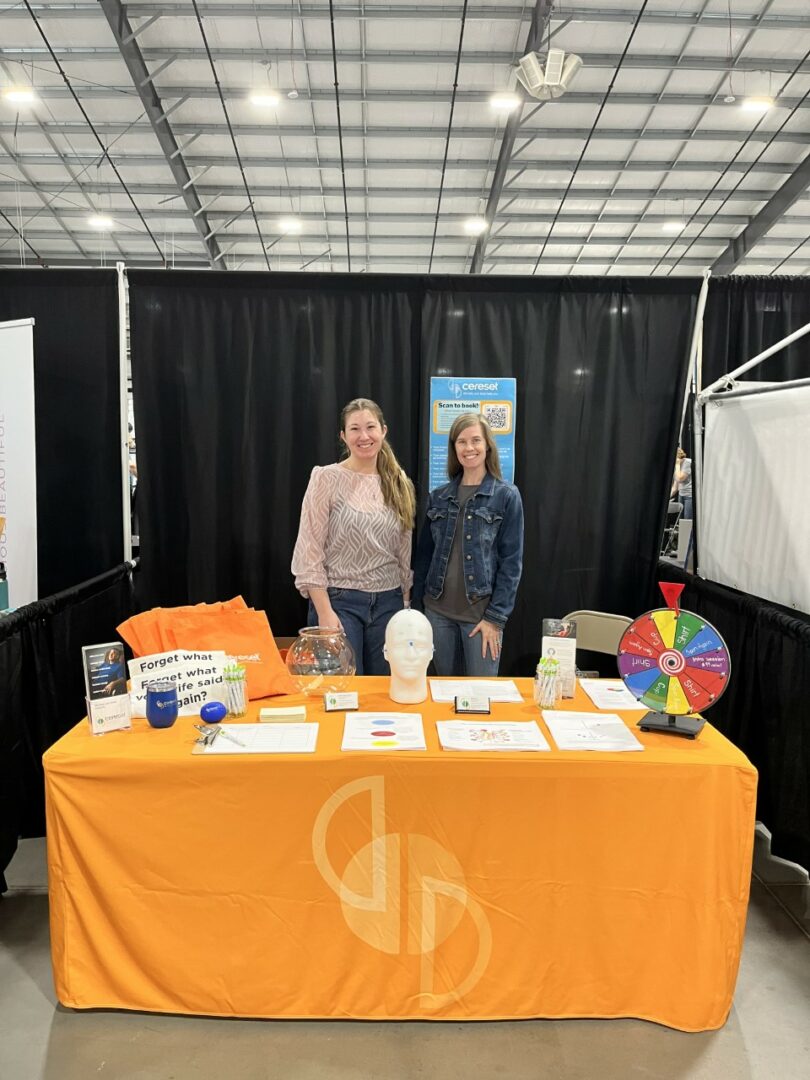
As we end our chat, is there a book you can leave people with that’s been meaningful to you and your development?
Chip Dodd’s book, Voice of the Heart, played an important role in my emotional development and maturity, which has had far-reaching impact in my life. He describes the eight core emotions, which, like the seven musical notes or seven colors of the rainbow can be blended in endless combinations to create symphonies and beautiful works of art. These eight core emotions are sad, hurt, lonely, scared, guilty, shame, anger, and glad. The emotions all have a gift, as well as an impairment, when not properly felt and expressed.
When we can recognize the core components of any feeling we are having, we are better equipped to identify the underlying needs of our soul, and to move toward getting those met in healthy ways. When we hide, stuff, ignore, or avoid what we are feeling, the voice of our heart is impaired in its ability to communicate to us, and we tend to resort to coping mechanisms, workarounds, and addictions to manage our feelings, our energy, and our needs. The resulting disconnection eventually stops working for us — and the dysfunction typically brings us to this kind of work.
The earlier that we can learn to listen to the voice of our heart, the better equipped we can be to connect with ourselves, God, and others in powerful and meaningful ways that bring lasting change and true fulfillment.
Contact Info:
- Website: https://cereset.com/centers/cereset-nashville/
- Instagram: https://www.instagram.com/ceresetnashville/
- Facebook: https://www.facebook.com/CeresetNashville
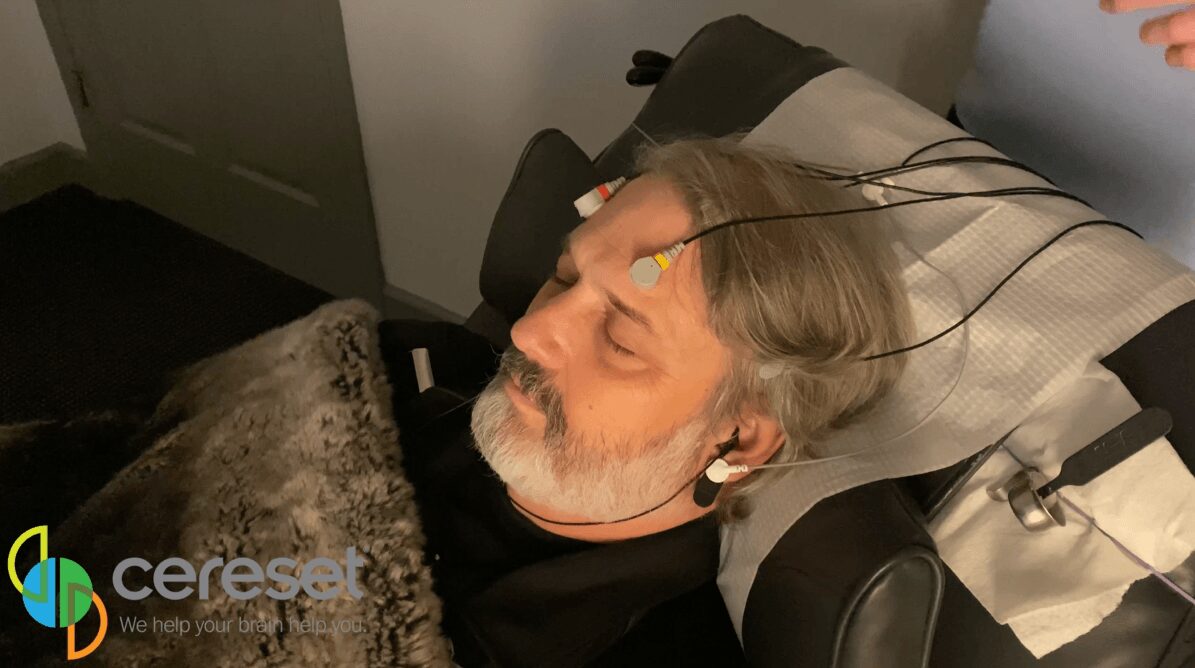
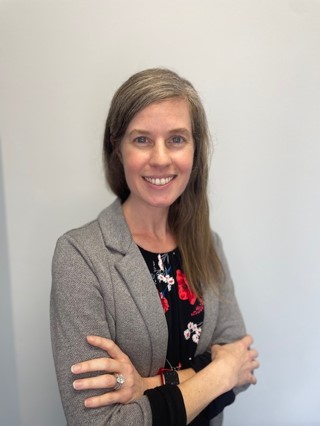
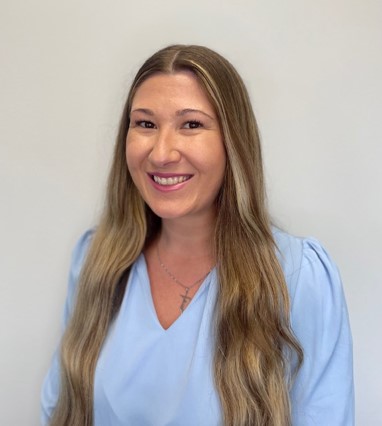
Image Credits
Beth Gwinn
so if you or someone you know deserves recognition please let us know here.

